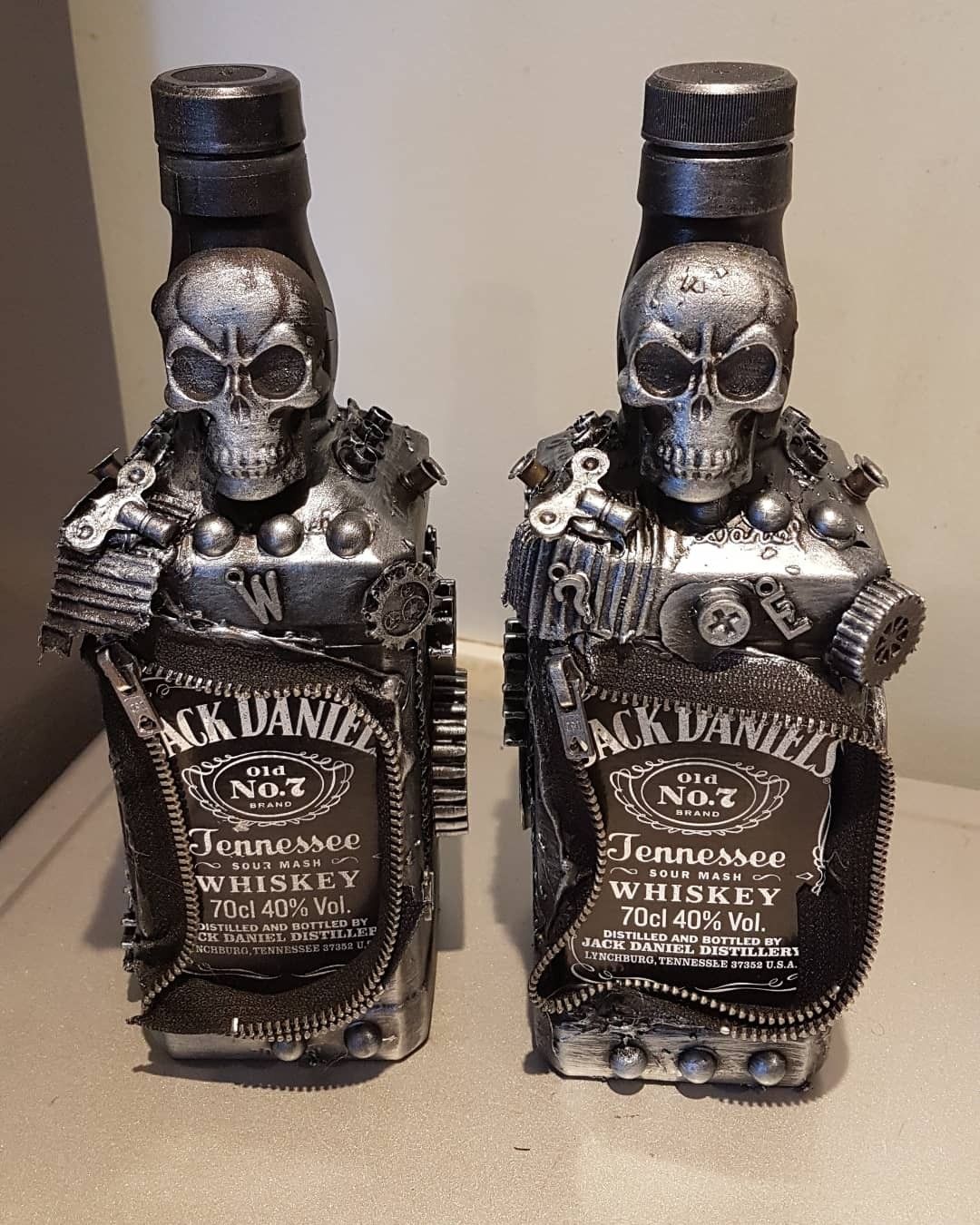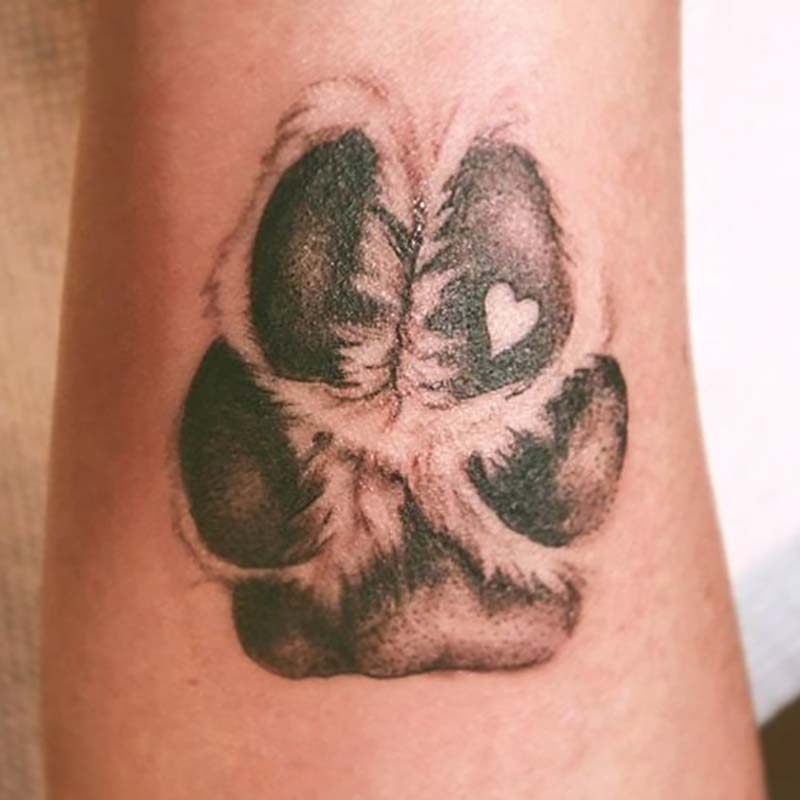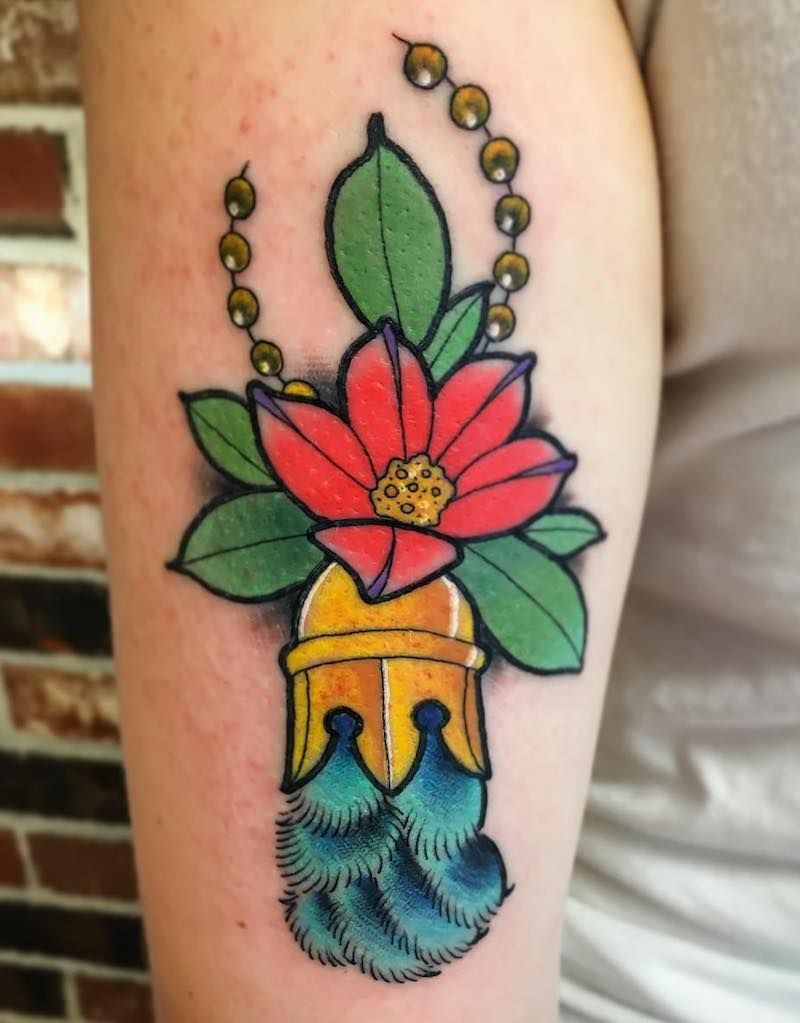6 Iconic Mexican American Tattoos You Should Know
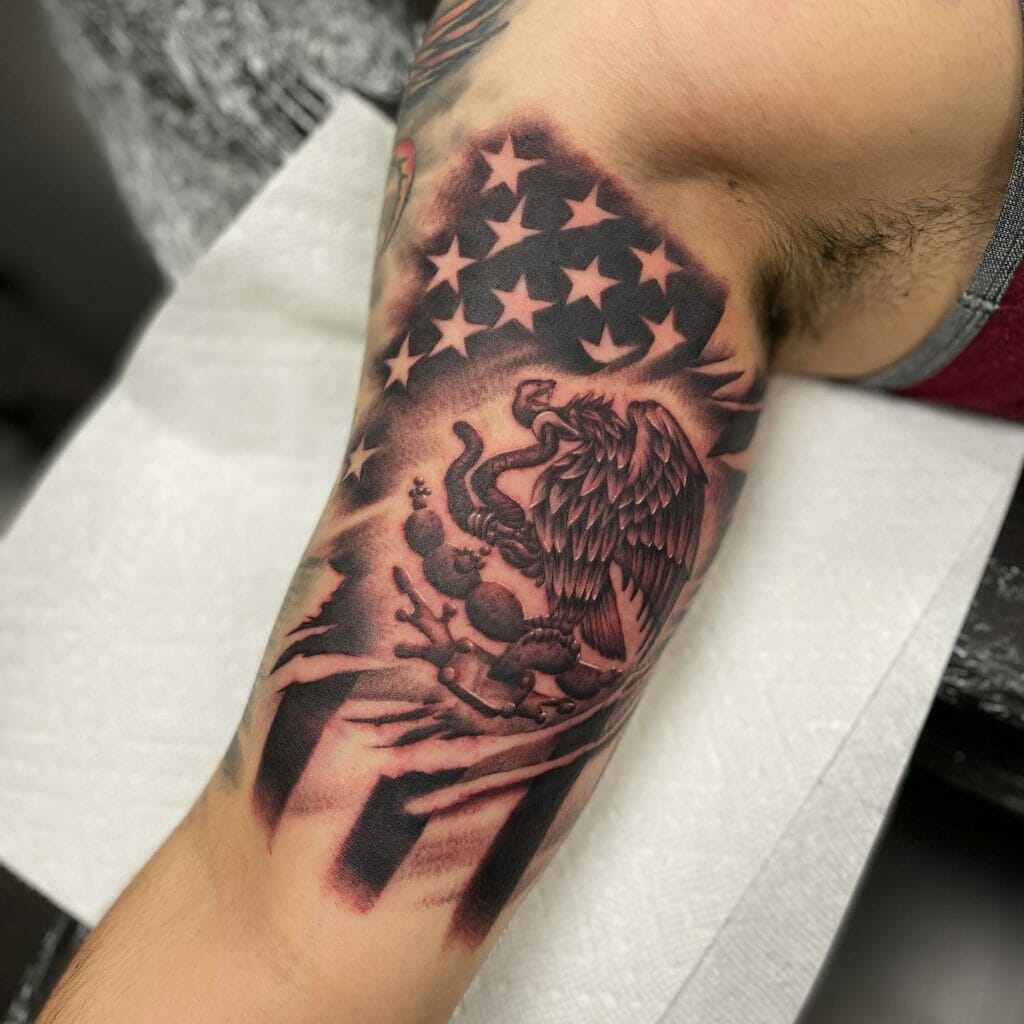
The Day of the Dead
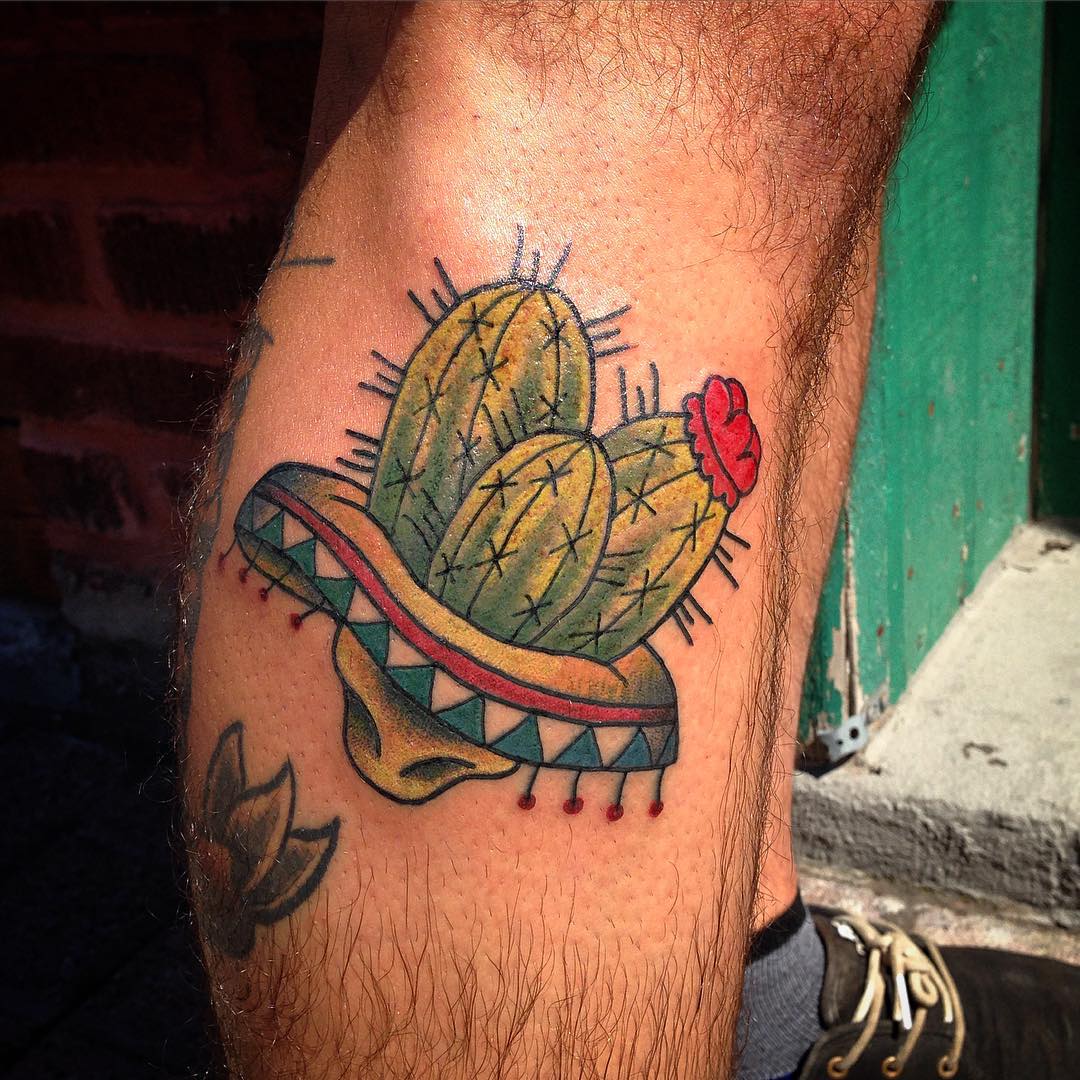

Mexican American tattoos often celebrate rich cultural traditions, and one of the most iconic designs inspired by Mexico's cultural tapestry is The Day of the Dead (Día de los Muertos). This annual festival, which takes place on November 1st and 2nd, serves to honor and remember friends and family members who have passed away. The tattoos inspired by this celebration aren't just about death; they symbolize life, the afterlife, and the celebration of a culture that embraces mortality with joy and humor.
Symbolism in Day of the Dead Tattoos

- Sugar Skulls (Calaveras): One of the most recognized symbols, sugar skulls represent the departed souls and are traditionally made as offerings. Tattooing a calavera is both an homage to lost loved ones and an artistic representation of their enduring spirit.
- Marigolds: Often known as Cempasúchil, these bright flowers guide the spirits to the offerings laid out for them. In tattoos, marigolds symbolize life's brightness and guidance.
- La Catrina: Created by Jose Guadalupe Posada, La Catrina has become an emblem of the festival. She represents the idea that death doesn't discriminate by class or wealth. In tattoo art, she often stands for the inevitability of death.
- Ofrendas or Altars: These are intricate altars set up with photographs, personal belongings, food, and candles. A tattoo of an ofrenda is a personal tribute to those remembered and the ongoing connection between the living and the dead.
🔍 Note: While sugar skulls and La Catrina are popular tattoos, they carry cultural weight. Tattooing these symbols should be done with respect to their origins and meaning.
The Virgin of Guadalupe

The Virgin of Guadalupe holds an iconic status in Mexican American tattoo culture due to her deep religious and cultural significance. Revered as the patron saint of Mexico, her image resonates with themes of protection, identity, and spiritual faith, making her a popular choice for tattoos among both men and women.
Why Choose the Virgin of Guadalupe for a Tattoo?

- She represents protection and faith, particularly among Mexican and Mexican American communities.
- Her image is often used to convey messages of healing, miracles, and protection.
- It symbolizes Mexican identity and cultural pride, tying tattoo enthusiasts back to their roots.
✝️ Note: While the Virgin of Guadalupe is celebrated in many cultures, she has a profound connection to Mexican heritage. Consider the importance of her image as more than just a tattoo but as a symbol of faith and cultural identity.
Mexican Flags


The Mexican flag, with its vibrant colors and emblematic design, has long been a source of inspiration for tattoos among Mexican Americans, symbolizing national pride, heritage, and the celebration of freedom.
Elements of a Mexican Flag Tattoo
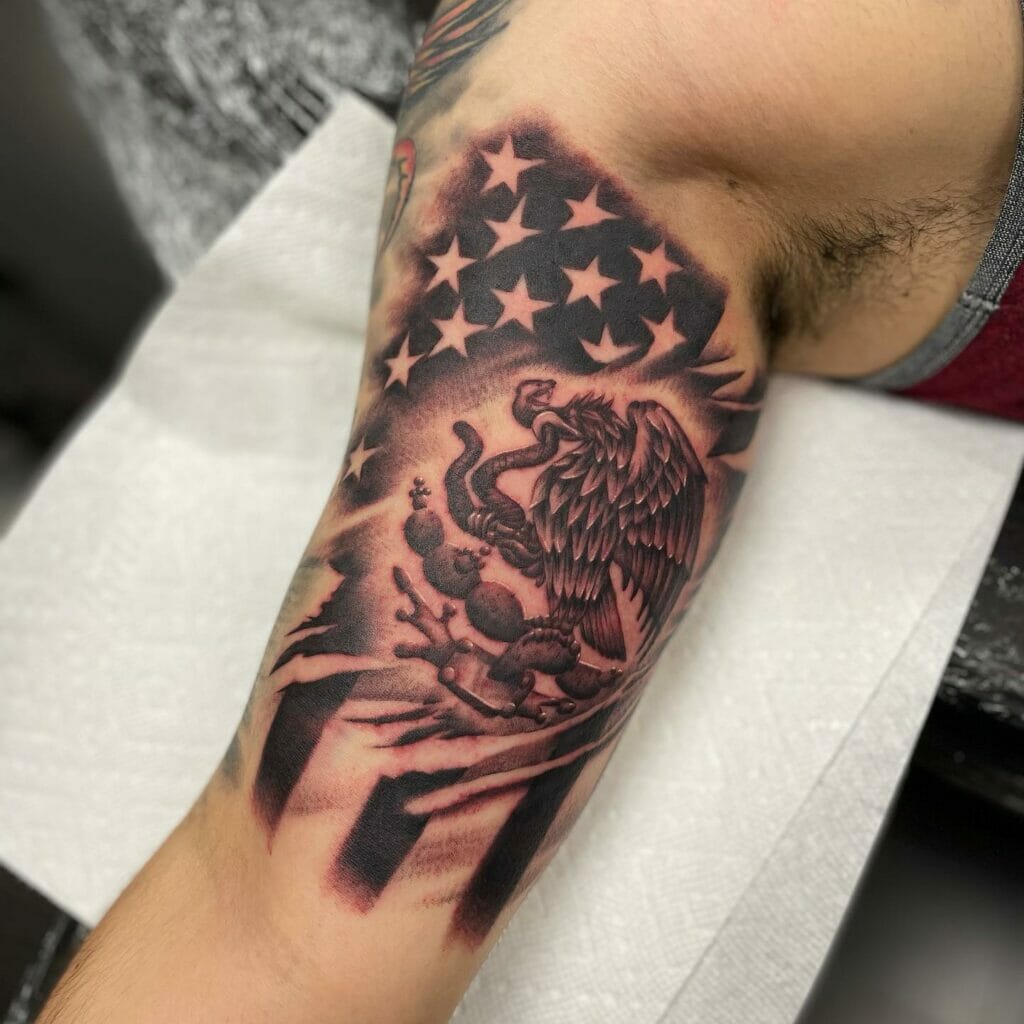
- Green, White, and Red: The colors of the Mexican flag each hold significant meaning:
- Green: Hope
- White: Purity
- Red: The blood of national heroes
- The Eagle, Serpent, and Cactus: These symbols, originating from an ancient Aztec legend, are central to the flag's coat of arms.
While the Mexican flag is a potent symbol of national identity, here are a few notes to consider:
🇲🇽 Note: Tattooing a national flag is a sign of pride and respect for one's heritage. Ensure that the design is accurate and respectful to its symbolism.
The Lotería Cards


Lotería, a traditional Mexican game akin to bingo, uses a deck of cards featuring vivid imagery and allegorical scenes. These cards have transcended the game to become popular tattoo designs, appreciated for their cultural representation and artistic allure.
Cultural Significance of Lotería Tattoos
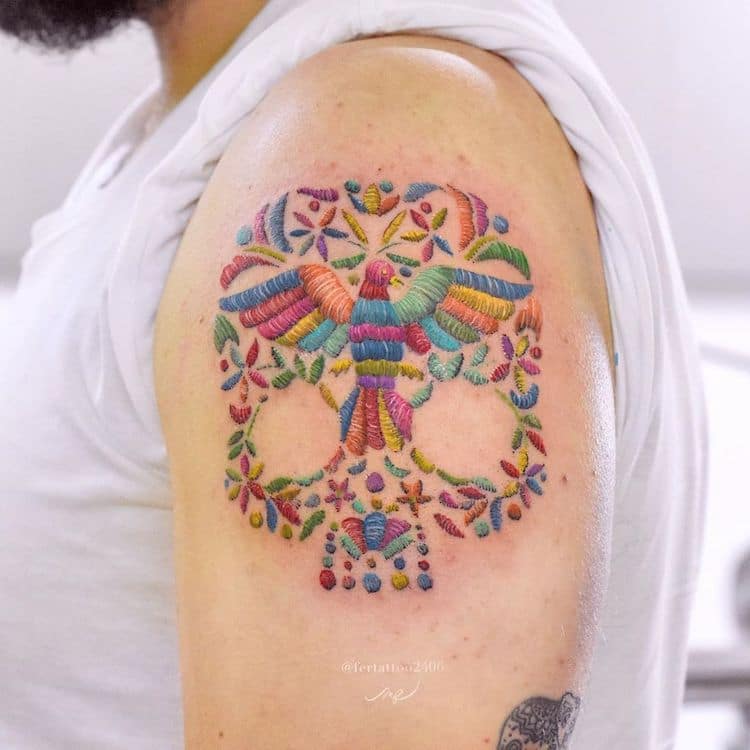
- Artistic and Cultural Symbolism: Each card tells a story or represents an aspect of Mexican culture, making them fascinating subjects for tattoos.
- Nostalgia and Heritage: Lotería cards often evoke memories of family gatherings and cultural festivities, encapsulating Mexican heritage in a single image.
- Popular Lotería Cards for Tattoos:
- La Sirena (The Mermaid): Symbolizing beauty, mystery, and femininity.
- El Corazón (The Heart): Representing love and devotion.
- El Muerto (The Skull): A nod to Mexican views on death and life.
Here is a table showcasing the meanings of some popular Lotería cards:
| Card Name | Symbolism |
|---|---|
| La Sirena | Beauty, allure, female strength |
| El Corazón | Love, affection, devotion |
| El Muerto | Life's ephemerality, death |

🎴 Note: Lotería tattoos are not just stylish; they can also be deeply personal, reflecting the stories and experiences of the wearer.
In the tapestry of Mexican American tattoos, each design holds a story, a cultural link, or a personal connection to a rich heritage. From the vibrant celebration of The Day of the Dead to the sacred image of The Virgin of Guadalupe, from the national pride embodied by the Mexican flag to the nostalgic charm of Lotería cards, these tattoos are more than skin deep. They are visual narratives, expressions of identity, and markers of cultural continuity.
We’ve explored just a few of the many tattoos that embody the spirit of Mexican American culture. Each design not only serves as a work of art but also carries a message of remembrance, devotion, pride, or festivity. For those drawn to tattoos as a form of self-expression or cultural tribute, understanding the significance of these symbols can enhance the meaning behind each inked design, creating a personal and poignant connection to Mexican heritage.
Is it culturally appropriate for non-Mexicans to get a Mexican American tattoo?

+
While there are no hard rules against non-Mexicans getting these tattoos, it’s crucial to respect the culture they come from. Understanding the symbolism and choosing designs with appreciation rather than appropriation is essential.
Can tattoos of religious figures like the Virgin of Guadalupe be altered or personalized?

+
Yes, personalization can be done with respect to the original image. However, ensure that any alterations do not disrespect or misrepresent the sacred figure or the cultural significance attached to it.
What does it mean when someone gets a tattoo of the Mexican flag?

+
Getting a Mexican flag tattoo often signifies pride in Mexican heritage, national identity, and the celebration of Mexican culture. It can also represent a personal connection or tribute to Mexico, its history, and its people.

